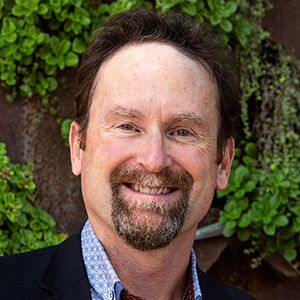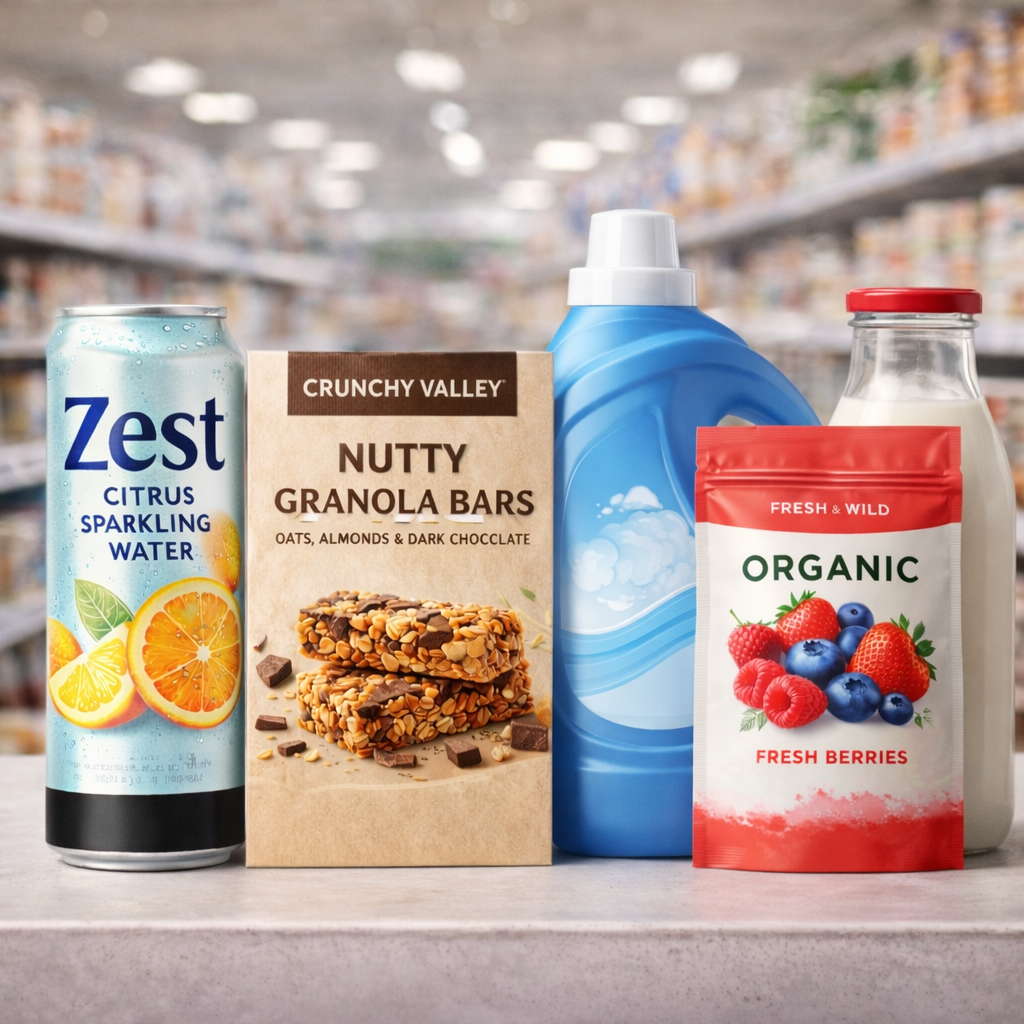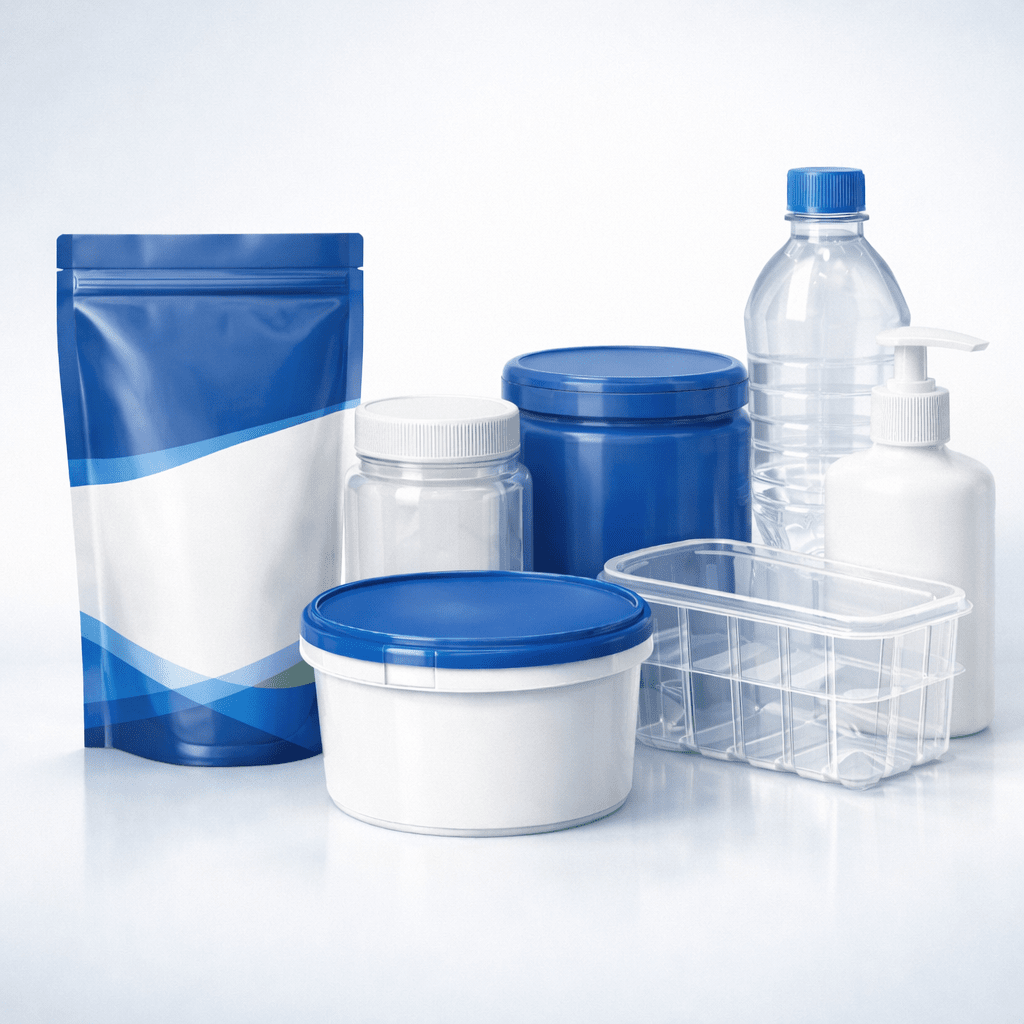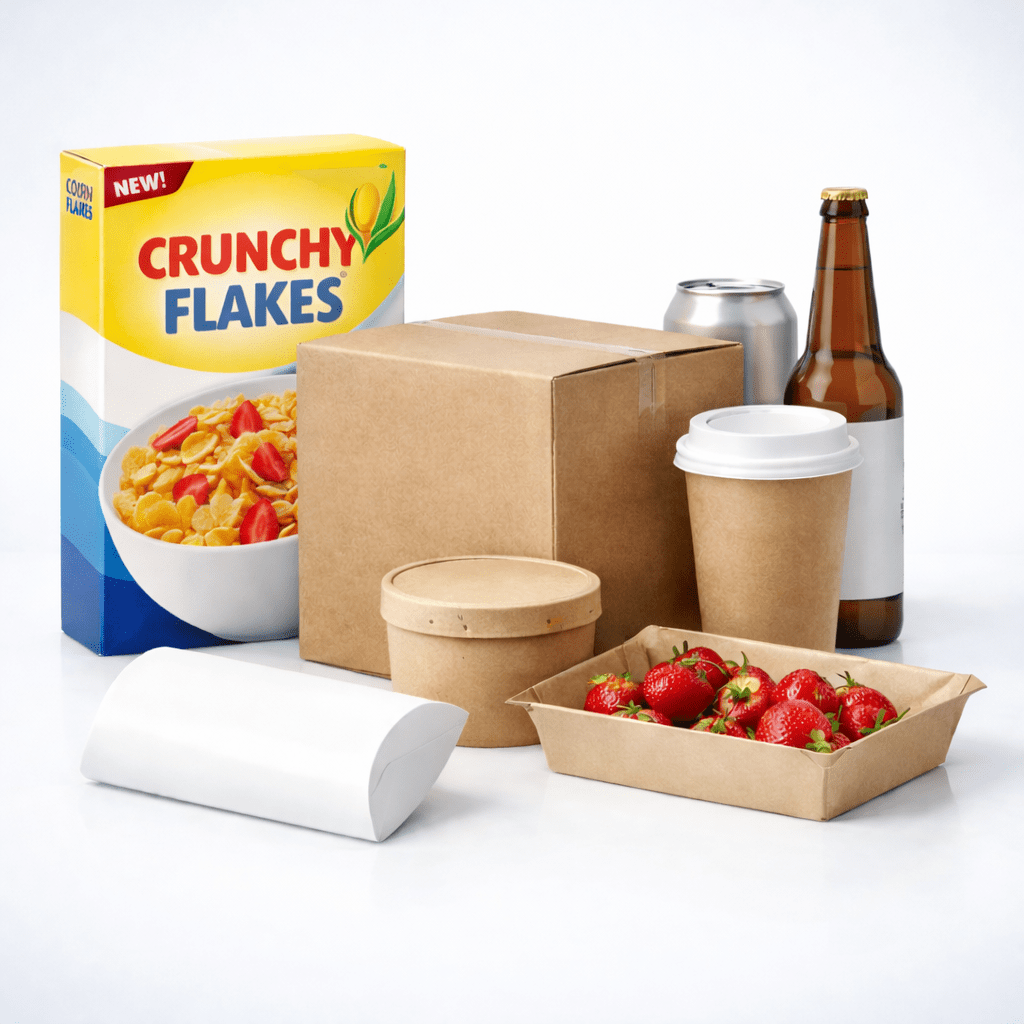Sustainable Packaging
Virtual Course
Course Overview
Design for Sustainability, Circular Economy, Packaging Optimization, Life Cycle Thinking, Emerging Regulations, Disruptive Innovations, and more.
Leading organizations recognize that sustainability is essential for business performance, brand reputation and long-term value creation.
Expert Instructors Dan Lantz and Andrew Macdonald provide participants with a framework for optimizing sustainable packaging decisions — environmentally and economically. They track emerging innovation and regulations, update course content before every session, and share information based on sound science, industry standards, and credible sources. Participants benefit from an array of in-market examples, interactive discussions, and access to instructors after the course.
Course Details
Next Date
April 14, 15 & 16, 2026
Course Time
9:00am – 11:00am EST
1:00pm – 3:00pm EST
Additional Info
Courses are non-refundable, however transferrable up to one (1) year.
Register for full course or individual sessions. See below.
Early bird rates (20% discount) available for registrations between Dec. 1/25 & Jan. 16/26.
Location
Virtual | Zoom platform
Price
All prices in US dollars
Member
Full Course
$600
($750)
Individual Module
$150
Non-Member
Full Course
$600
($950)
Individual Module
$200
Certificates of attendance will be provided to those that complete the full course only.
Learning Objectives
- Understand and apply life-cycle thinking to packaging decisions.
- Understand and apply the waste hierarchy (reduce, reuse, recycle/compost) in packaging decisions.
- Understand and apply a functionality-based approach to package optimization.
- Increased understanding of how to measure and communicate packaging sustainability.
- Increased confidence in making packaging decisions aimed at minimizing environmental impact and maximizing business performance, brand reputation and long-term value creation.
Who Should Attend?
This course is designed for package designers and engineers, sustainability and circular economy leaders, packaging buyers and procurement teams, brand and marketing professionals, and industry decision-makers who are responsible for implementing sustainable packaging practices within their organizations.
Course Sessions
Sustainable Packaging & Print; Material Reduction & Food Waste Prevention
Register for Session- Sustainable Packaging & Print: a business-driven, life-cycle approach.
- Introduces a full life-cycle, functionality-based approach to optimizing sustainable packaging.
- Explains the many functions packaging provides in the context of product-packaging systems.
- Key concepts: functional sustainability, sustainable materials management, circular economy, life-cycle thinking, the waste hierarchy.
- Package optimization in the context of environmental, economic and social considerations.
- Important sustainable packaging initiatives.
- Material Reduction & Food Waste Prevention
- Review in-market examples of reduction, light-weighting, and the elimination of unnecessary and problematic materials.
- Explore the important connection between packaging and food waste prevention.
Recycling and Recycled Materials: Myths, Realities and Guidance
Register for Session- How mechanical recycling works, and how emerging AI and robotics technologies are impacting this part of the packaging value chain.
- Overview of how advanced (i.e., chemical) recycling works.
- Flags useful resources for recyclability design, testing, and validation for different materials, formats and package components – including challenging components such as labels.
- Key considerations for incorporating pre- and post-consumer recycled content in a range of materials and formats.
Understanding Sustainable Plastics
Register for Session- Demonstrates how plastics can significantly reduce resource use and product waste compared to other materials.
- Provides clarity on current residential plastics recycling rates and what the data actually shows.
- Shares real-world examples of advances and innovations in plastics recycling.
- Highlights key industry guidance and standards, including the Golden Design Rules (GDRs), the APR Design Guide, RecyClass, and Plastics Pacts.
Paper, Fibre and Alternative Materials: Myths, Realities & Guidance
Register for Session- Clarifies the important distinctions between terms such as biobased, compostable (industrial vs. home), and biodegradable.
- Examines the challenges and opportunities associated with shifting to fibre-based or alternative materials, including sourcing considerations and preferred applications.
- Points to relevant resources and credible certification programs to support informed decision-making.
Reusable and Refillable Packaging Systems: understanding viability at scale
Register for Session- Introduces the main types of reusable and refillable packaging systems.
- Examines the key factors that influence viability and scale — including market penetration, system boundaries, container design, shared infrastructure, pooling and standardization, and consumer behavior.
- Identifies which market channels are most suitable for scalable reuse models.
- Highlights practical resources and initiatives to help determine whether reuse is an appropriate option for your business.
Assessing and Communicating Impact; Disruptive Innovations to Watch
Register for Session- Assessing and Communicating Impact
- Introduction to Life Cycle Assessment (LCA) for packaging: types, key components, impact categories, benefits and limitations.
- Highlights the role of packaging in communicating key messages about both the product and package, while avoiding the risk of greenwashing.
- Disruptive Innovations to Watch
- Instructors share what they see as the most interesting, disruptive sustainable packaging innovations and initiatives to watch from across the packaging value chain.
Expert Lecturers
The PAC Global Sustainable Packaging Course is developed and presented by industry professionals, ensuring you get the most up to date information while advancing your career.

PAC Global Technical Advisor
PAC Global
Dan has more than 30 years of experience in end of life materials management. He worked in recycling operations for six years. He worked with Stewardship Ontario in the design of the Blue Box Program Plan and in the design and operation of the current BC-wide EPR-based recycling program. Dan teaches the Packaging Circularity course for PAC Global.
- Read more
Dan was the strategic advisor to the Canadian Plastics Industry Association for 30 years. Dan has written and presented over 100 papers/presentations on waste diversion. Dan has specialist knowledge of EPR and stewardship, package design optimization and recycling program and facility design and operation.

PAC NEXT Director
PAC Global
Andrew Macdonald oversees PAC Global’s packaging sustainability and circularity program – PAC NEXT. As the lead for PAC Global on reusable packaging, Andrew tests models, tracks innovation, reviews research, summarizes findings via the PAC blog, and has a growing network of practitioners active in this space.
- Read more
Mr. Waller is a licensed Professional Engineer, a member of the Professional Engineers of Ontario, a member of PAC Packaging Consortium and the first candidate to receive the Canadian Plastics Sector Council’s Certified Plastics Practitioner – 3rd level for Blown Film Extrusion.
Mr. Waller started his career in Dow Chemical Canada’s polyethylene technical service group before moving to Esso Chemical Canada’s Vinyl division. After working with BOPP at Mobil Chemical Canada, he became Sales Manager of blown film machinery at Macro Engineering Co. Ltd. Mr. Waller subsequently joined the Canadian Plastics Institute as Seminar Manager and became Manager of Education Services when it merged with the Canadian Plastics Industry Association. Mr. Waller then joined Haremar Plastic Manufacturing Limited as Director of Technical Operations before founding the Plastics Touchpoint Group, Inc. in 2000. Mr. Waller designed and delivered the classroom portion of the Blown Film Technology Course for the Canadian Plastics Training Centre in Toronto and SENAI in Brazil. He has delivered in-house training to more than 1,200 participants in film manufacturing companies on five continents in the last 20 years. Mr. Waller has been presenting the Polymers section of the PAC Packaging Certificate Program since 2007.


